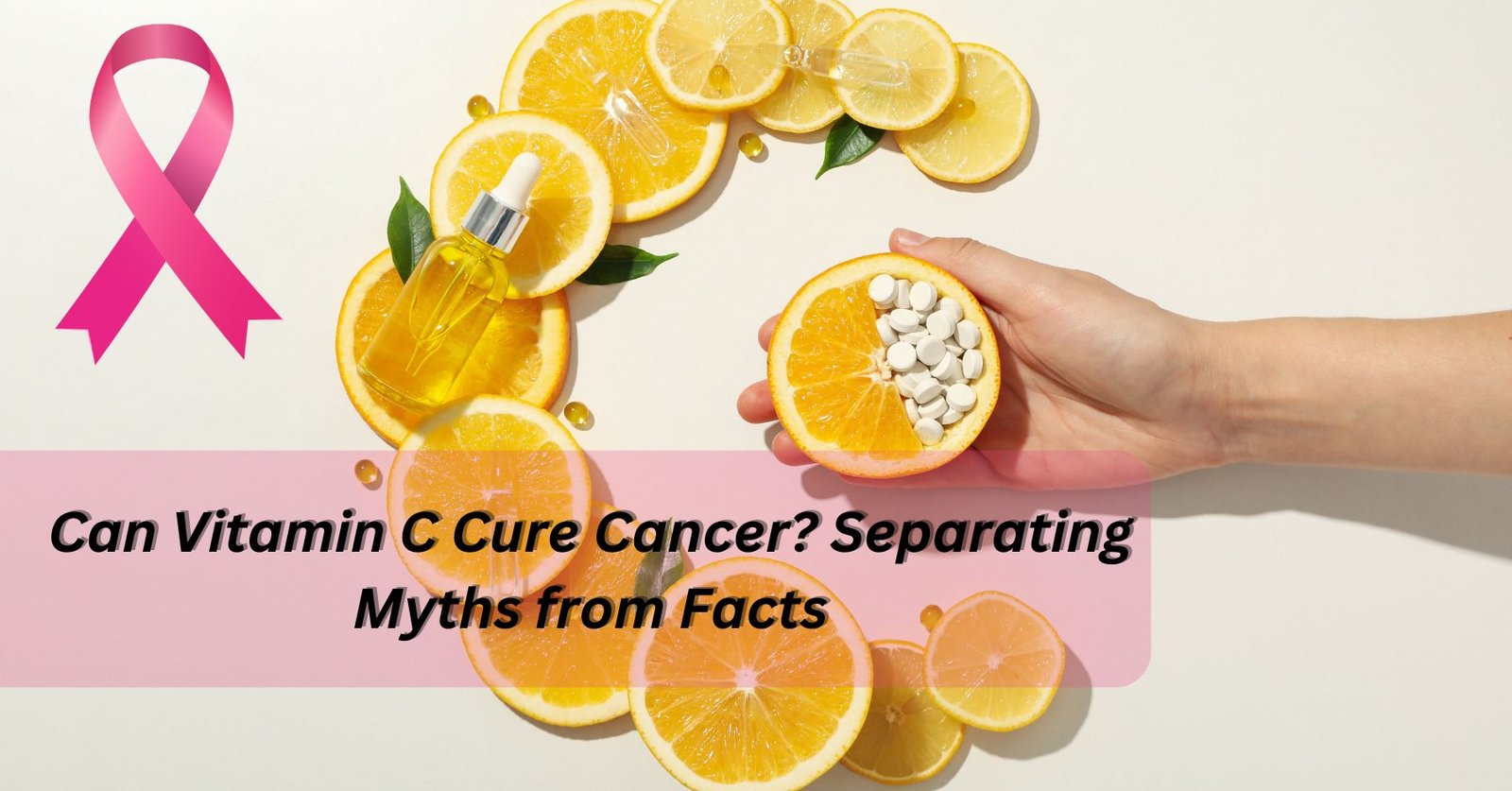
In recent years, vitamin C has gained attention for its potential role in cancer treatment. From high-dose intravenous therapies to claims of miracle cures, there are many myths floating around, some of which are misleading. As an oncologist, my goal is to provide evidence-based insights to help you understand the truth behind the hype.
Vitamin C and its Role in the Body
Vitamin C, or ascorbic acid, is an essential nutrient with many benefits, including:
- Supports the immune system.
- Acts as a powerful antioxidant to protect cells from damage.
- Helps produce collagen to heal wounds.
Vitamin C plays an important part of a healthy diet, found in fruits such as oranges, strawberries, and kiwi, as well as vegetables such as peppers and broccoli.
Vitamin C and Cancer: The Origins of the Claim
The idea that Vitamin C can cure cancer is not new. In the 1970s, Nobel laureate Linus Pauling suggested that high doses of vitamin C could help fight cancer. While his initial studies were promising, subsequent rigorous clinical trials have failed to replicate these results when Vitamin C was given orally.
However, research has continued, particularly focusing on intravenous (IV) Vitamin C, which achieves much higher blood concentrations than oral supplementation.
What does the Research Say?
Here’s what we currently know about Vitamin C and cancer:
- Complementary, Not Curative: High-dose Vitamin C IV therapy alongside traditional treatments like chemotherapy and radiation.
- Some studies suggest that it may improve the quality of life by reducing fatigue, nausea, and inflammation.
- Selective Effects on Cancer Cells: In laboratory settings, high concentrations of Vitamin C have shown the ability to kill cancer cells without harming normal cells. However, translating these findings to human patients has proven challenging.
- No Evidence as a Standalone Cure: There is no definitive evidence that vitamin C alone can cure cancer. Relying on it instead of evidence-based treatments may delay effective treatment and worsen outcomes.
Why Caution is Important
Misinformation about Vitamin C as a cancer cure can be harmful. Patients may forgo proven therapies in favor of unverified treatments, risking disease progression.
In addition, high doses of Vitamin C are not without risks:
- It may interact with cancer treatments, reducing their effectiveness.
- It can cause side effects such as kidney stones, especially in those with pre-existing conditions.
The Key Takeaway
Vitamin C is an important nutrient for overall health, but it’s not a cure for cancer. While the role of vitamin C in cancer prevention or therapy is still ongoing research, it should never be replaced with evidence-based cancer treatments.
If you or a loved one is considering alternative or supplemental therapies, it’s essential to consult with your oncologist. Together, we can create a treatment plan that is both safe and effective, combining the best of conventional medicine with supportive care.
Stay Informed, Stay Empowered
As medical science advances, our understanding of cancer and its treatments increases. Let’s focus on fighting cancer with facts, not myths.
For more expert insights, visit my website or schedule a consultation.
— Dr. Saadvik Raghuram
Oncologist and Advocate for Evidence-Based Care
Why More Young Adults Are Developing Colorectal, Pancreatic & Other GI Cancers …
By Dr. Saadvik Raghuram Y – Leading Oncologist in Hyderabad World Cancer …
Why Are So Many Young People Getting Cancer Today? Across the world, …
January is Cervical Cancer Awareness Month in India, and this article explains …
Cancer-Related Fatigue (CRF) is one of the most common—and most underestimated—symptoms experienced …
Every year, Aplastic Anemia Awareness Month shines a spotlight on a rare …

